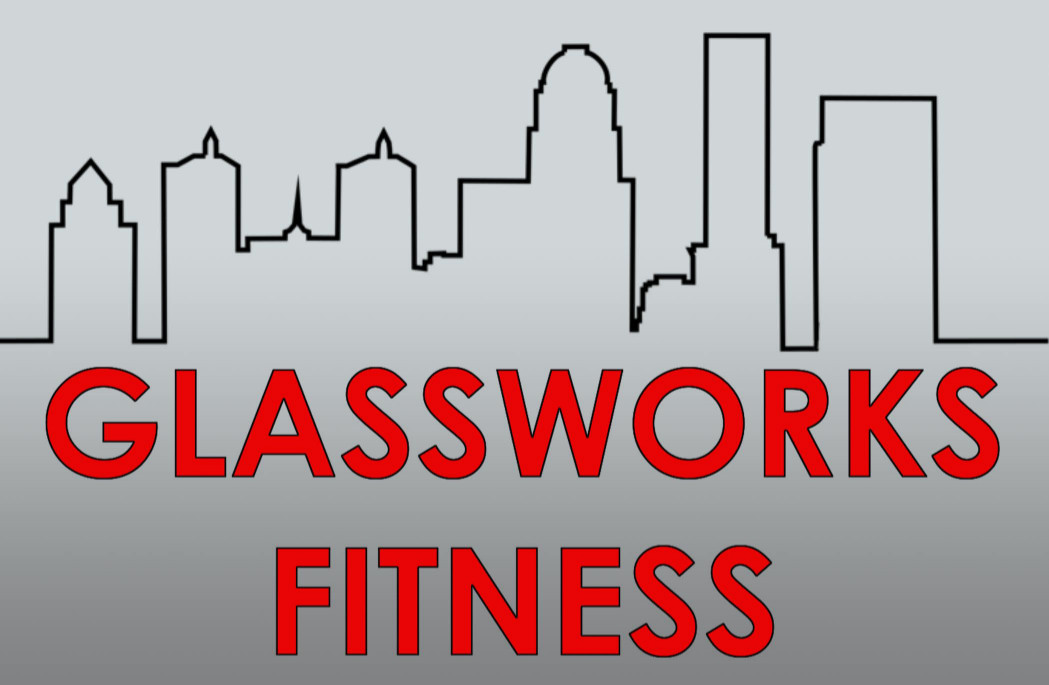Flu Season
It's been a classic Louisville weather week so far. We started off with a huge temperature drop and some snow. It settled in to some unseasonably cold weather in the 20's. Now this weekend it is expected to be in the 50's and raining. Among other things, these constantly changing temperatures are a recipe for an early onset of flu season.
This raises tons of questions every year about how to prevent the flu, and then what to do once you have it.
Here is the cliff notes version, for those of you who want the quick answers:
1. Should I get a flu shot? It won't cause you to get the flu (although the spray might). It also might not prevent you from getting the flu, but it does stand a good chance of helping. If I could tell you right now that for a little stick of a needle and $10 you wouldn't get sick this year, you would probably take me up on it.
2. Cover up your face when you cough and sneeze. Nobody wants to be around the person that is projectile launching virus's from their nose and mouth. It's common courtesy. Just cough/sneeze into the elbow of your shirt, a kleenex, or a handkerchief (yes people do still carry these around...and yes I am one of them).
3. How do I get the virus? When scientists infect test subjects, they normally introduce the flu virus to the nose. Make sure to wash your hands before you touch your eyes, nose, or mouth.
4. What should I eat? Your body needs good nutrients to withstand, and then fight, sickness. Keep up your intake of protein, fats, vegetables, and multivitamins. Lower your carbs slightly. Avoid comfort foods.
Here is a good blog article that elaborates on this further: http://www.ericcressey.com/invincible-immunity-2
5. Should you train? Probably not. Your body is fighting something and trying to repair itself. Intense strength training or cardio training that usually require recovery time will set you back.
6. So I should sit on the couch and do nothing until I'm well? I wouldn't take it to that extreme either. For cardio, use your heart rate as a guide. Some light, low intensity cardio (pulse under 120 bpm the first couple days, and work up to under 140 bpm until completely well) could do some good. As for resistance training, dial it back, do some bodyweight training, some stuff that will help you move good and feel good, but not require recovery.
Here is a good blog for further details on this: http://www.precisionnutrition.com/working-out-when-sick
7. I'm still confused? This is perfectly normal. There is so much information about this topic, some of it good, some of it bad. Either email me info@glassworksfitness.com, or come visit me and I'll help you sift through your questions.
photo credit: <a href="https://www.flickr.com/photos/scelera/2945724127/">samanthacelera</a> via <a href="http://photopin.com">photopin</a> <ahref="http://creativecommons.org/licenses/by-nd/2.0/">cc</a>
